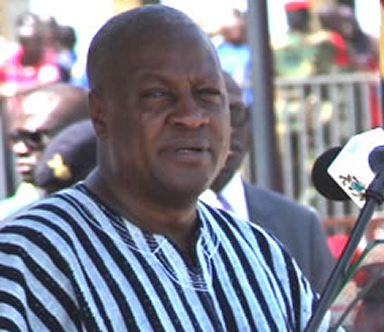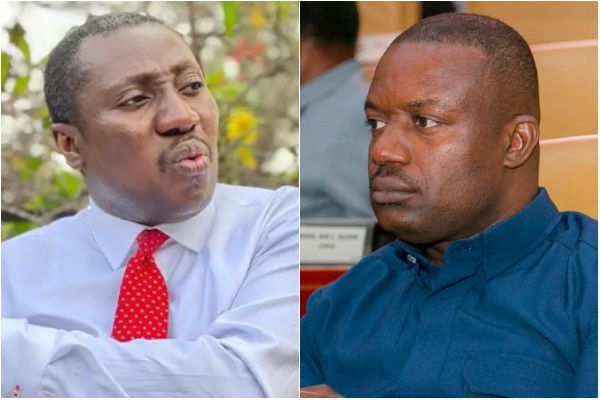
Prof. Isaac Boadi
The Institute of Economic Research and Public Policy (IERPP) has criticised President John Mahama for failing to deliver on a majority of his 120-day manifesto promises, giving him a troubling 36.2% implementation rate.
The Institute, in a statement issued by its Executive Director, Prof. Isaac Boadi, who is the Dean of Faculty of Accounting and Finance, University of Professional Studies, Accra (UPSA), indicated that this poor showing represents more than just statistical underperformance, as it constitutes a breach of the social contract between the government and the Ghanaian people who placed their trust in the promised “reset.”
The IERPP’s rigorous evaluation, conducted using the government’s own 120-Day Manifesto Promises Tracker, paints a picture of systemic underachievement.
Of the 25 key commitments the institute assessed, only five (20%) have been fully or substantially delivered. Twelve pledges (48%) remain stuck below the halfway mark of implementation, while five critical promises (20%) show absolutely no progress whatsoever,” the statement said.
It further pointed out that these stalled initiatives include fundamental governance reforms like banning political appointees from purchasing state assets and purging security agencies of militia elements – promises that speak directly to the heart of accountability.
The report however, acknowledge areas where the government has demonstrated competence, including the swift nomination of cabinet ministers within 14 days, which it said showed commendable decisiveness.
“The removal of burdensome taxes like the E-levy provided tangible relief to businesses and consumers, though questions remain about revenue replacement strategies. The implementation of free first-year tertiary education fulfilled an important campaign promise, despite lingering concerns about long-term funding sustainability. The establishment of the Mahama Cares Fund represents progress in healthcare access, though the exclusion of persons with disabilities from educational benefits remains problematic,” the statement noted.
Limited Successes
The statement pointed out that these limited successes are overshadowed by glaring failures across three critical areas of governance.
It said in the realm of accountability, the government’s 23.1% performance score reflects disturbing inaction.
“Despite bold promises, not a single forensic audit has commenced into high-profile scandals including the National Cathedral expenditure, COVID-19 funds management, or the banking sector crisis. The complete absence of progress on security sector reforms allows vigilante groups to continue operating with impunity. Scholarship administration remains mired in cronyism due to the failure to present promised legislative reforms,” it added.
The statement further noted that the economic reset agenda scores slightly better at 45.5% but remains fundamentally flawed in execution.
“The much-touted 24-Hour Economy exists only as a slogan without any substantive policy framework. Job creation programmes like ‘One Million Coders’ lack the structural foundations needed for sustainable impact. State-owned enterprises continue hemorrhaging public funds without meaningful restructuring.”
It said most alarming is the abysmal 16.6% performance in environmental management and energy sector reforms. Despite deploying task forces, illegal mining continues to devastate our forest reserves.
“Victims of the Akosombo dam spillage and other flood disasters await meaningful compensation. The ‘Black Star Experience’ tourism initiative has produced more press conferences than practical results,” it pointed out.
The statement continued that this pattern of underperformance matters because governance is measured by results, not rhetoric.
“When a government fails to deliver on three-quarters of its promises within the critical first 120 days, it raises fundamental questions about competence and commitment. The NDC’s own manifesto positioned these commitments as a ‘litmus test for political integrity’ – a test they are currently failing,” it stressed.
The statement added that the path forward requires immediate, decisive action, and called on government to shift from announcement-driven governance to results-oriented leadership within the next 90 days.
“This means commencing long-promised audits without further delay, presenting concrete policy frameworks for economic initiatives, and demonstrating measurable progress in environmental protection. Most importantly, it requires treating Ghanaian citizens as partners rather than spectators in the governance process,” it added.
BY Gibril Abdul Razak
The post Mahama Failed On 120- Day Promises – IERPP appeared first on DailyGuide Network.
Read Full Story










Facebook
Twitter
Pinterest
Instagram
Google+
YouTube
LinkedIn
RSS